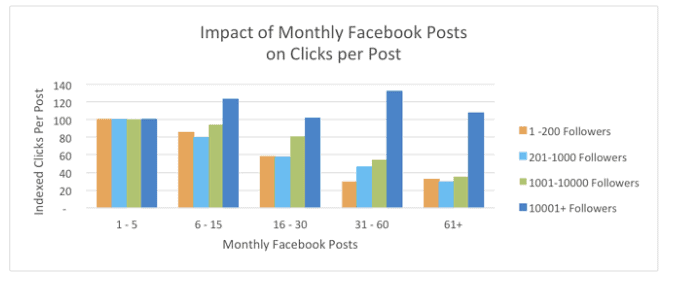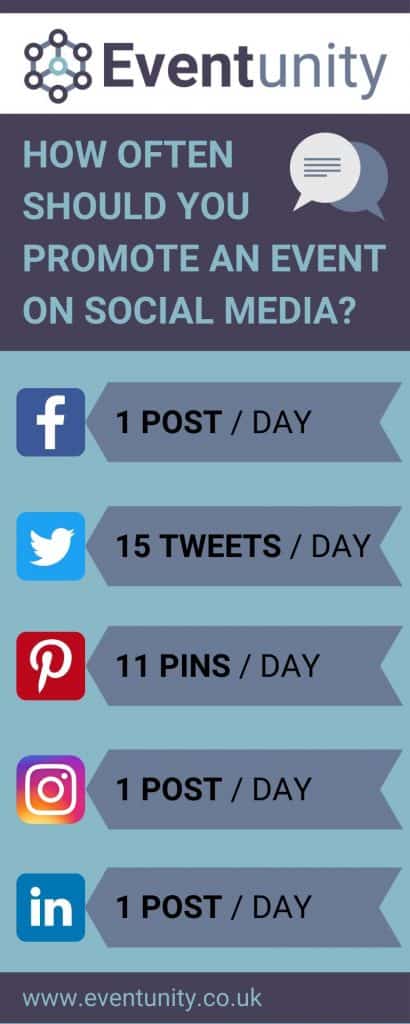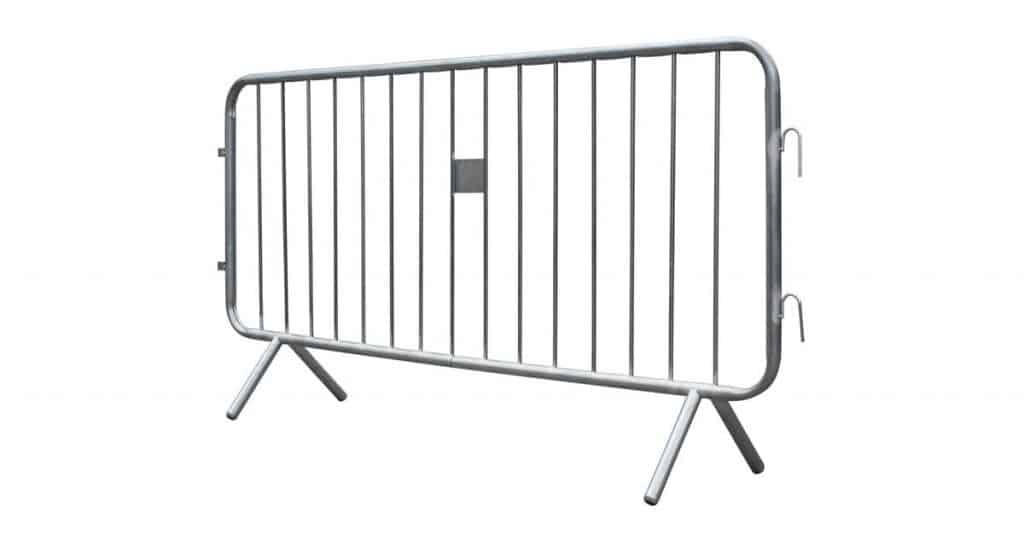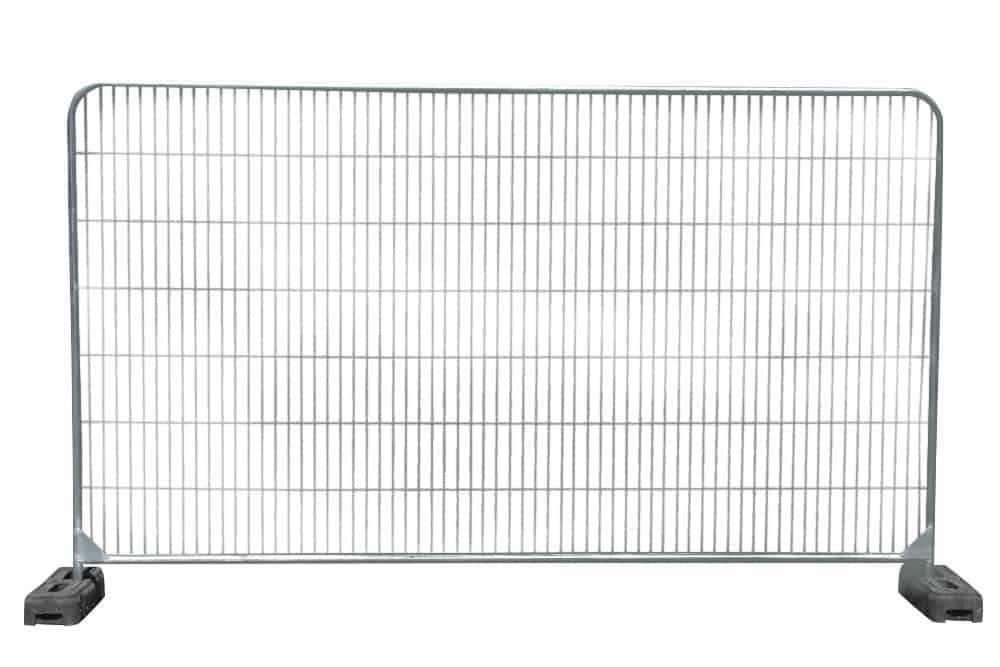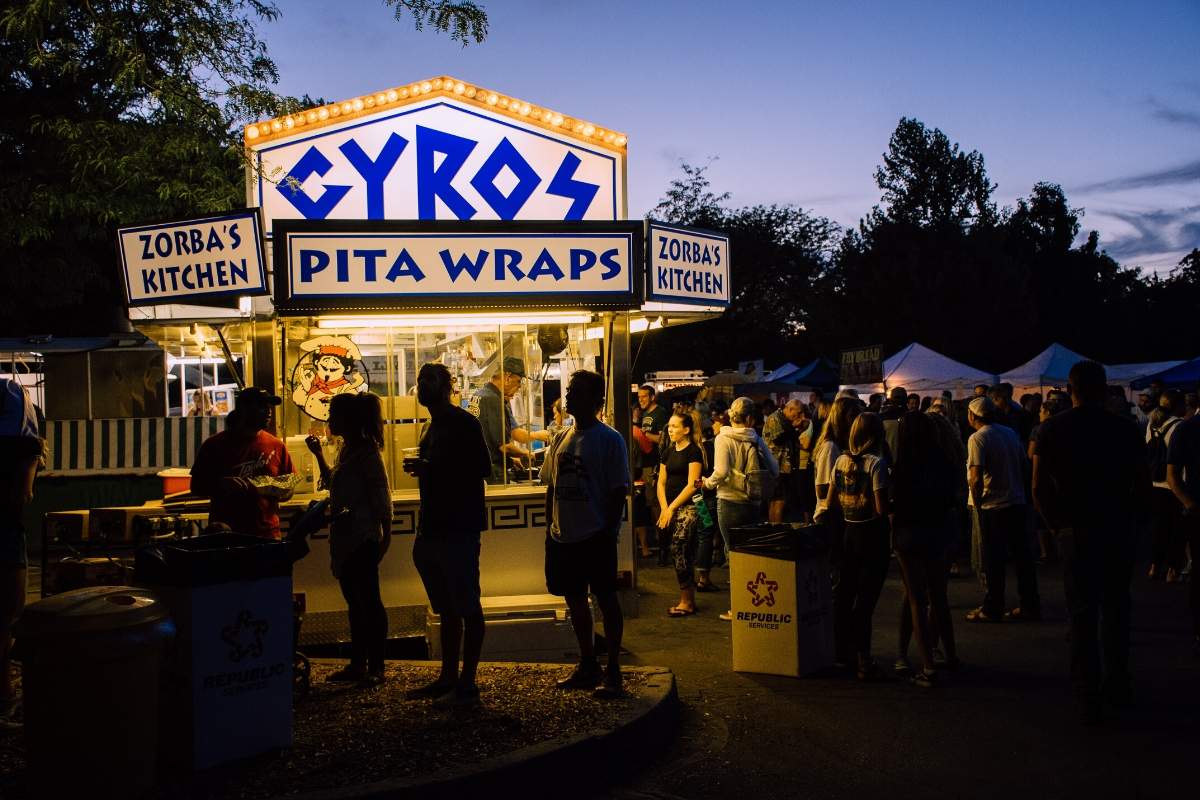Hosting a gin-tasting can be an enjoyable and easy event to organize for your friends or colleagues. All it takes is some delicious gins, the perfect glassware, flavorful garnishes – mixed with a sprinkle of knowledge about each drink – for you to create an evening that’ll tantalize their tastebuds!
Organizing a gin event requires the following components; Introduction, Education, Tasting & Mixing, Make You Own followed by Questions
There is a vast range of gins and ways to drink, enjoy and learn about this spirit. Cocktails, on the rocks or with a mixer, are all great ways to showcase the drink and allow people to understand, taste, and identify different gins and what makes them unique.
In the last few years, gin has seen a massive spike in popularity with record volume sold in the UK with sales surpassing £2bn in 2019. Gin has left behind the ‘old fashioned’ image and has become one of the trendiest drinks to sip. The popularity of this drink does not show any signs of slowing down anytime soon, with it being declared as ‘a nation’s firm favourite’ in the drinks industry.

This makes the humble gin a great focal point for an event, whether it be for just amongst family and friends or whether it’s a larger scale ticketed event. Like gin, no two events are the same.
Make sure your next gin-tasting event is spectacular with these creative tips and tricks! From organizational pointers to helpful hints about making it a truly unforgettable occasion, we’ve got you covered. So raise those glasses – the perfect G&T awaits!
What happens at a gin tasting event? When it comes to the exact plan and running of a gin tasting event, it can vary depending on your preference and ideas. There is no right or wrong way to run, plan a execute a gin tasting event. However, I have set out a rough template and some key things you could include when mapping out the running order for your event.

1 – INTRODUCTION
Start by giving your guests an introduction to your event and gin as a whole:
- What is the schedule for the night?
- What gin(s) you are presenting and why
2 – EDUCATION:
Although you don’t want to bore your attendees, some short, punchy facts and figures always go down well, helping to add credibility to what you are saying and doing at the event:
- History of gin
- Recent popularity
- Distilling process
- Botanicals
- Overview on flavours
- Mixers and garnishes
3 – TASTING & MIXING
It’s a good idea to taste both gins and mixers separately showcasing how they work both alone and with each other (the craft gin club have lots of tips to help you with this).
- Show your customer a range of gins, e.g. pink gin, fruit flavoured, floral, fruity etc.
- Let them sample, smell and taste them.
- Do the same then with mixers, e.g. tonic, soda, juice etc.
4 – MAKE YOUR OWN
It’s nice to taste and learn about the spirit but even sweeter if you get to have a go yourself.
- Let your attendee choose their favourite gin(s)
- Allow them to create either a cocktail or spirit with mixer and garnish.
- To add an extra element of fun you, as the host could judge these and pick a winner (perhaps win a bottle of gin).
5 – QUESTIONS
Swot up on critical facts or get an expert in to cover any detailed questions on the spirit.
Other ideas
You also have the option to choose to disguise the spirits and do a blind tasting to prevent people from making their mind up based on a brand, description, or aesthetic.
Simply decanting each gin into a jug or carafe can help keep the gin looking classy but removing any other information. (Just make sure you label them well so you can quickly identify which gin is which!).
As with any event, a gin tasting event is very much up for individual interpretation so, although the above offers a rough guide, don’t feel you are limited to this.

How do you start a gin tasting event?
An excellent place to start is to have a think about what kind of gin tasting event you plan to run.
To start a gin event, you need to consider the target audience, the venue, the pricing, marketing and licensing and which gins to showcase.
- Is it for a special event, e.g. hen do, birthday etc.?
- Is it just for family?
- Is it to make money, e.g. for charity or as a business?
Once you have this streamlined, it will help you to focus on the tone of the event and level of professionalism you will need, as this will vary depending on whether it’s for family, friends or paying customers.
Target Audience
A great starting point is identifying your target audience. Who is it that you are planning this tasting for? This is an essential factor, especially as different people’s preferences will vary. For example:
- Family and friends (more casual and low key)
- Charity event (professional and seamless event needed)
- Hen-do/private gin tasting (higher expectations and standards)
Venue
It’s a good idea to get your venue booked in from the start. Not only is it a critical piece of information ticket holders will want, but also gives you a focus and a starting point. You can pretty much hold a gin tasting event wherever you desire (within reason when you have alcohol present) as the event requires little specialist equipment.
Pricing
Buying alcohol isn’t cheap, so you will need to consider that. Saying that though, most consumers would expect to pay more for an event where you are sampling alcohol.
You need to consider your out costs and from then work out a ticket price to ensure you breakeven and more so make a profit.
Example out costs:
- Spirits, mixers and garnish
- Venue
- Staff
- Glassware and equipment. You can hire these at a low cost if you don’t want to invest.
Say your overhead costs come to £700 and you aim to have 40 people attend, if you charge £40 per ticket that’s a total revenue of £1,600. Remove your out costs and your net profit is £900.
*Please note this is an example only and not a pricing guide.
Although you always need to break event, be sure you have a look at other similar events and what they are charging. You don’t want to overprice yourself and not sell tickets. See our guide to pricing event tickets.
Marketing
Getting the word out about your event depends on who you are targeting and why you are running the event.
For example:
- If you are running a gin tasting event to raise money for charity, a great way to market is to utilise the charity’s connections, social and media channels.
- On the other hand, if you are marketing your event for the broader public in order to make money and run a business, simple and cost-effective techniques including word of mouth and targeted Facebook adverts (based on location, age, demographic etc.) can be really useful.
- Another great way to market your gin tasting event is to look into a partnership. Teaming up with a local distiller or event glassware provider can help widen exposure when it comes to spreading the word and selling tickets.
Licencing
- If you are doing this in your own or a family member’s home for an informal tasting, you don’t need any form of licensing.
- You will need a licence to cover the serving of alcohol for paid-for events.
- This depends on where you hold the event. E.g. if it’s at a venue with a premises/licensed bar you will be covered under that.
- If you are going to a non-licensed premises, you will require a licence for serving alcohol.
Which gins to showcase?

Identifying and writing down the best gins is very subjective. What you might like and see as the best gin, another may hate!
One piece of advice here is variety! Make sure you have a range of gins on hand to help suit all taste pallets and preferences across the event.
Broadly, gins typically fall under the below categories. Depending on budget and availability, it would be advantageous to have at least one gin from each of these.
- Classic dry gin
- Citrusy gin
- Floral gin
- Spiced gin
- Savoury gin
- Fynbos gin
Although many of these gins can be purchased simply and easily at most supermarkets, this leaves little guidance for you when picking them out. Heading to an independent bottle shop or store selling spirits will mean that you can tap into and utilise an expert’s knowledge. This also will help you swot up on crucial information to present at your tasting event.
What’s more, using an independent or standalone bottle shop often then means you can buy the gin on a sale or return basis. This will mean that if you go a little overboard on the gin order, and are left with a lot of stock, you can get your money back and not lose out.
It’s not just the gin spirit itself you should consider when planning. Below I have set out a few things that really help make a gin tasting event fly.
Using the right glassware and pours
- Serving the spirit neat lends itself well to a tumbler. However, if you plan to use the same glassware to subsequently add in garnish and mixer, a gin glass, stemless wine glass or brandy balloon glass works best. (This is because it means you can get your nose in to smell the gin!).
- It’s advantageous to use the same style of glass across the evening as changing the glass can improve the flavour and then the experience for your guests.
- How much you want to serve someone in ml is up to you. However, on the whole, 25-30ml per serve is a good size.
- Make sure you use a drinks measure to ensure everyone is getting the same (you don’t want squabbles over who got more!).
Garnish and presentation

- Like the gins itself, variety is also essential when it comes to garnishes as these can enhance and change the gin when drinking,
- It’s often a good idea to try the gin without a mixer or garnish first to see what flavour notes you can taste before adding.
- Think outside the box. Don’t just stick to a slice of citrus, herbs and spices also work really well in a gin-based drink.
- As a rule of thumb, you are usually trying to enhance or compliment the botanicals used in the gin. E.g. a citrus gin add some lemon rind.
- Finally, don’t forget your ice! You always see drinks filled with ice, and there is an excellent reason for this! The bigger the ice cubes and the more of them, the more effectively they will work to cool the drink, melting slowly so as not to dilute the gin.
A few tips:
- The zest of a fruit will lift any drink with tonic, but having a slice can sometimes make the drink a bit too bitter.
- When using herbs (like when making cocktails or cooking) make sure you manipulate/bash them a little (not so much that they fall apart) so they release their aroma and oils. This will help enhance the flavour and smell when drinking.
- Spices work perfectly in a savoury gin but, by nature can be quite overpowering so use sparingly.
How do you host a gin tasting event?
When it comes down to hosting a gin event, you have two principal options. Either you recruit the guidance and expertise of an event manager to plan, manage and organise the whole event for you or you take it into your own hands, and design it yourself.
If recruiting someone to plan it for you, there are a few things to have in mind to help them make the event everything that you desired. These include:
- Number of attendees
- Time of day/year
- Preferred setting/venue
- Budget
The event manager will then guide you throughout the process, touching base regularly to ensure that they are providing and planning what you want and need.
Hosting an event yourself can seem daunting but is relatively straight forward. If you decide to host your own gin tasting event, there are a series of critical steps you should consider and follow to make your event successful. I have broken these down below into rough sub-headings to help you plan out your event efficiently and effectively.
Do your research!
There is nothing worse (especially if you have paying customers) than someone running and or hosting an event with little to no knowledge. Not only does this look very unprofessional, but it will leave you feeling embarrassed, and the event experience being lowered significantly.
You don’t have to be a trained expert to know all the essential facts. You also don’t have to know everything! If someone has a question on the night, you can’t answer, tell them you will follow up after seeking advice or researching.
You have one of two options. An easy option is to get an expert in (contact a local distillery who, for a fee, might come along and spread their knowledge). Alternatively, do it yourself. No two gins are the same, so tasting, researching, and learning about gins can be a fun way for you to expand your knowledge and prepare for an event.
Top tip: Ginventory is a useful app you can get up on your phone, which has over 5000 gins inputted with recommended garnishes and mixers. Saves lots of time and have been tried and tested by gin experts! It’s also free – extra bonus!
Glassware, mixers and spirits
- It’s easy to underestimate the number of glasses you will need for a tasting.
- As a rule of thumb if you are serving six samples work on six glasses per person. To cut down glassware, you could do 3 per person as 6 requires a lot of space. This means doing the tasting in 2 rounds and thoroughly washing the glassware in between.
- Make sure you use a ml measure (we have all been tempted to free pour!). This will mean you can work out, depending on the number of attendees, how much gin you will need in advance. You don’t want to be running out at the event.
Tasting – the main event!
In the drinks industry, there is actually a right and wrong way to taste gin (who knew!?). It will add an extra layer of professionalism if you guide your attendees through how to correctly taste the gin.
- Serve up a shot of gin over ice and encourage your attendees to swirl the spirt around the glass (this allows the initial notes of alcohol to evaporate and is easier on the nose!)
- Next suggest a gentle sniff and a small sip, encouraging them to swirl it in their mouth before swallowing (this helps them get a good taste of the botanicals in the gin).
- Next, you can get them to add a tonic or mixer and taste again.
- Finally, add in the garnish to top it off and taste again. This will then allow your attendees to see how the flavour profile of the gin changes as you add in the extras.
Final Tips:
- Providing a jug (to spit in if they really hate it) is advantageous.
- Having water on hand to help people cleanse their pallet is also a good thing to have.
- Having some plain water biscuits also helps clear the pallet between gins.
- Having paper and pens for people to write down notes is a great addition, especially as alcohol is involved and memories might start to blur!
Hopefully the above has given you an insight into what goes into a gin tasting event and has helped you with a good starting point to organise your own!

















